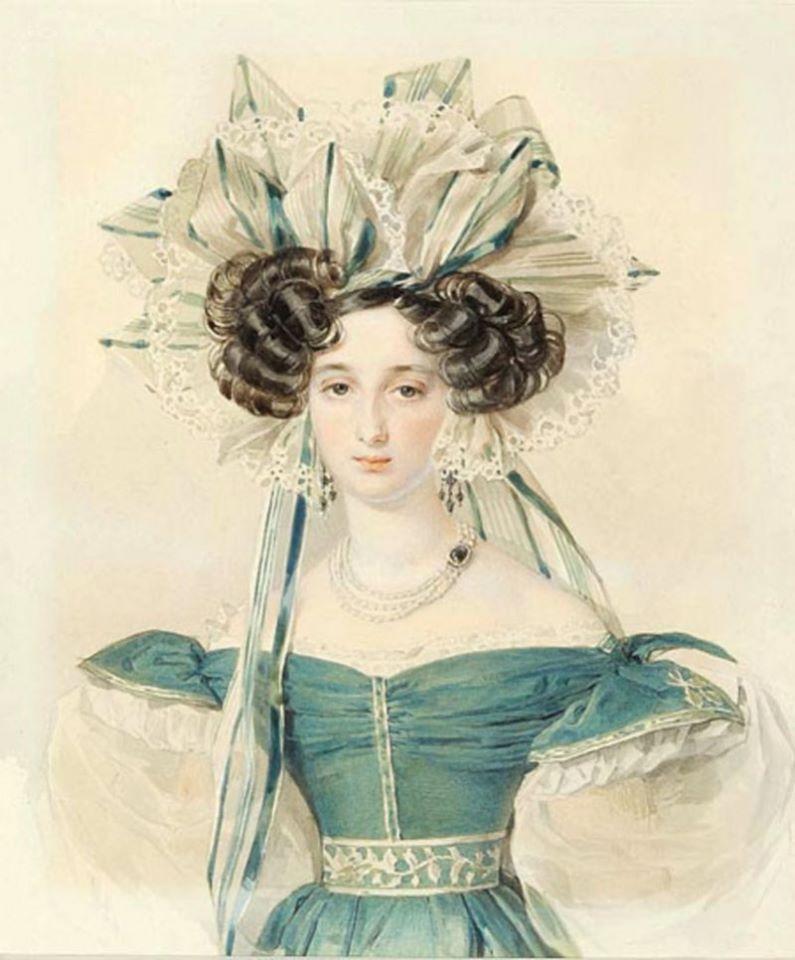In July 1823, Aleksandr Pushkin, suspected to be a subversive, was sent to Odessa, as an archivist in the office of the Governor-General of Odessa, Count Mikhail Vorontsov. In fact, he was delighted to go there, since at the time Odessa was second only to St. Petersburg in the Russian Empire, boasting theaters, social gatherings and other amusements. In the margins of the Eugene Onegin's manuscript, which he started writing precisely in Odessa, he doodled portraits of some of the local women he slept with.
In high society, became one of the numerous admirers of the Countess Elizaveta Vorontsova, the Governor's wife. She was not a very beautiful woman, but she was famous for her charm and Pushkin “shamelessly courted†her. Probably, her daughter was by him. However, in the Poet’s notebooks there are many pencil drawings of the Countess and Pushkin dedicated many works to her.
Due to the love affair and to Pushkin’s higher interest in poetry than in work, the relations with his superior Count Vorontsov deteriorated. So, in August 1824, he was dishonourably dismissed and banished to his family estate in Mikhaylovskoye, Pskov province.
Vorontsova had warm feelings for her beloved Poet until her death. One day, after they had made love on a Black Sea beach, she gave Pushkin a gold ring with a Cabbalistic Hebrew inscription. It remained his talisman to the Poet’s final days. It was looted from the Pushkin Museum in Moscow in the early months of the 1917 revolution.


















